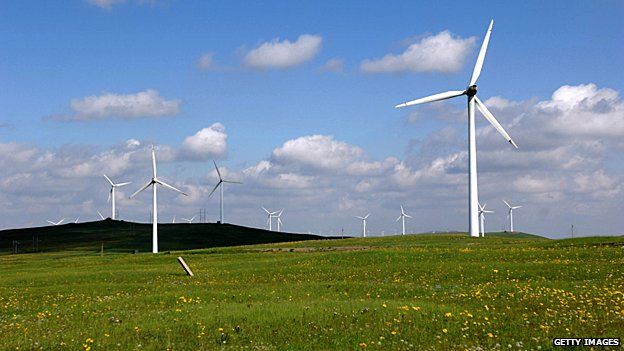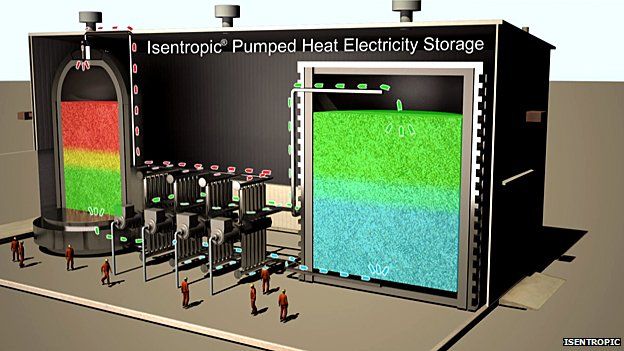It's often said that green technology, or cleantech, has become a no-go area for investors, but is that really true?
Certainly investors ploughed billions into electric cars, solar panels and futuristic batteries during the last decade, hoping to get rich while weaning us off fossil fuels.
And pretty soon the sector overheated, share prices toppled and investment tailed off.
But while we still live in a world dominated by fossil fuels, environmentalists have a lot more to be cheerful about.
Global investment in clean energy was last year back near its 2011 peak at $310bn (£200bn), up from $60bn in 2004.
And the price of clean technologies has plummeted, explaining why more wind and solar power was generated in 2014 than any year previously.
Partly driving the trend is the spread of clean energy in developing countries, says Angus McCrone, chief editor at Bloomberg New Energy Finance.
Reflecting that China invested $89.5bn in the sector last year (up 32%), Brazil $7.9bn (up 88%) and India $7.9bn (up 14%).
"We've got to the point where in 2014, developing countries almost caught up with developed countries in terms of overall dollar investment," Mr McCrone says.
"In some places it's happening without any subsidy support too."
Big business and governments have also increased their support for clean technology - through venture investments in innovative start-ups and subsidies like tax breaks respectively.
"Without them the industry would be in a much tougher position," says Frans Nauta, deputy director of entrepreneurship at Climate-KIC, an EU-funded programme that supports cleantech start-ups.
Start me up?
Perhaps the only piece of the puzzle missing is venture capital (VC) investment, which is significantly down from its peak.
During the last decade, many Silicon Valley VCs dived into cleantech with little understanding of the sector and hoping for quick returns.
Instead they found a slow-moving and highly competitive market, and few were surprised when billion-dollar businesses such as biofuel producer Kior and solar power company Solyndra subsequently went bust.
"In a way it got overhyped and perhaps too many ideas got funded," says Richard Youngman, managing director, Europe & Asia at the Cleantech Group.
"In a world where hype can be a bad thing, a more sober existence was needed."
But Mr Nauta believes the absence of VCs is a serious problem, particularly in Europe.
That's because they are more likely to invest in the most disruptive (and risky) early-stage businesses that are vital to innovation.
"Take solar - I still see incredible opportunities for disruption, whether it's improving the efficiency of the panels, their production, their installation or in terms of financing," he says.
"But while I know many companies making strides in this area, they don't have enough access to funding."



